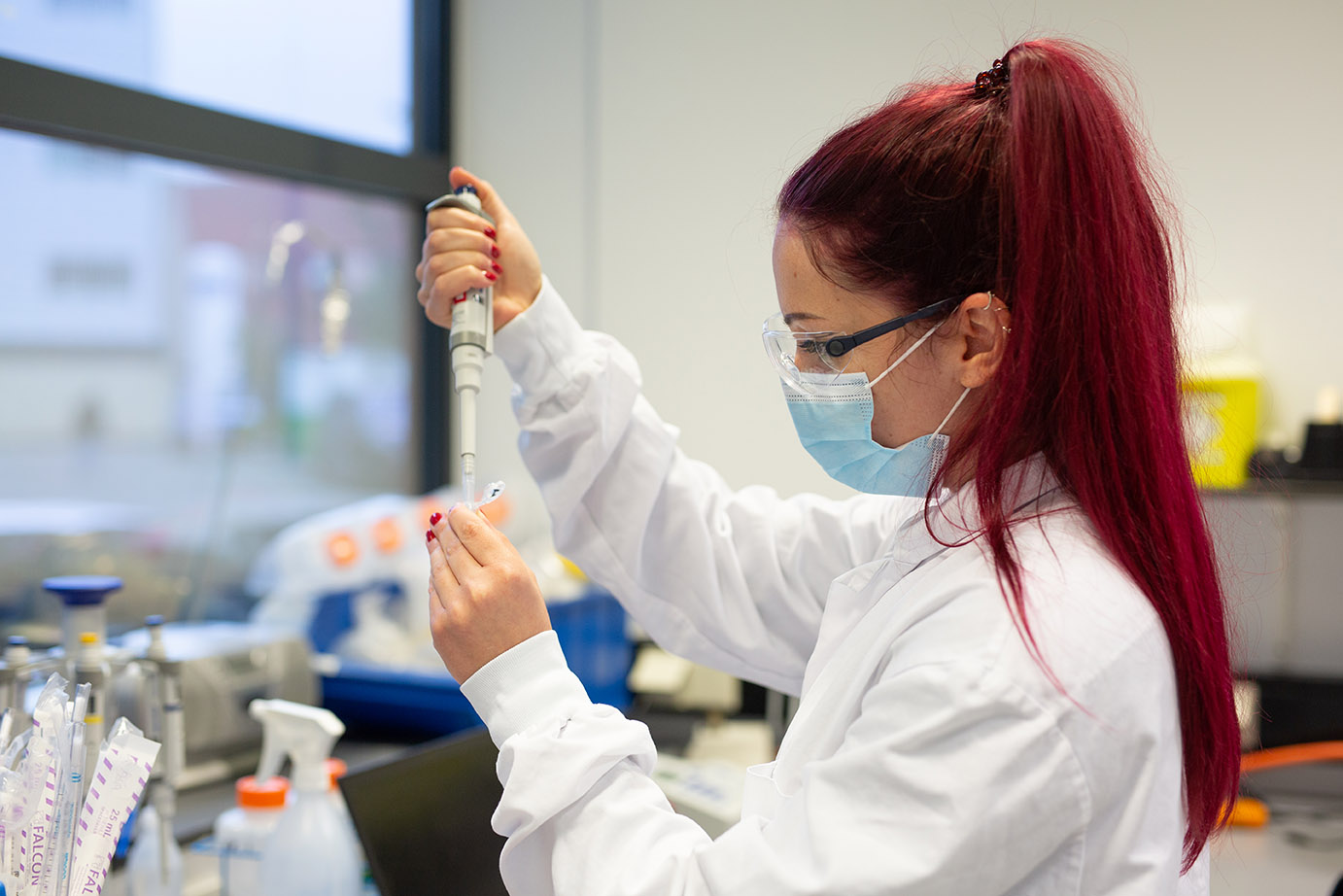In order to ensure innovation in the future, we need to focus on three key areas
I vividly remember the discussions to revamp the European pharmaceutical framework 20 years ago. Those efforts helped spur medical innovation in Europe, bringing transformational therapies to European patients much faster. I was working at EFPIA as project manager Regulation 2000 at the end of the ‘90ties, helping to shape the life science ecosystem we operate in today.
Two decades down the line, I find myself looking at that same framework and asking how we can improve it further? How can we overcome some of the challenges we see today – from addressing the unequal access to treatments across Europe, to improving the attractiveness of the biomedical research environment, the competitiveness of the regulatory framework, and the resilience of our supply chain? This comprehensive review of the laws regulating our industry is a ‘once-in-a-generation’ opportunity for Europe to re-establish its global leadership in medical innovation and help unlock cures for tomorrow’s diseases.
These discussions come at a crucial time for Europe. The global pandemic showed that we need to significantly increase investments in health to reflect the renewed value we place on it as a society. Europe is at a crossroads: one path could support innovation, facilitate scientific developments, and embrace digital technology, so that breakthrough treatments enable better outcomes for patients; the other path could diminish the overall attractiveness of our life science ecosystem, and precipitate the further decline of Europe’s share of global biomedical research and development.
To go down the first path, there are three broad areas where the pharmaceutical strategy will need to deliver: reinforcing Europe’s attractiveness as an innovation hub, further strengthening the use of health data for research and innovation, and promoting a real shift to value-based healthcare as a way to ensure the resilience and sustainability of healthcare systems.
Finding ways to stimulate biomedical innovation needs to be at the heart of EU policymaking. Without the current research, Intellectual Property (IP) and incentives framework, the COVID-19 vaccines and therapeutics we have today would simply not exist. To be able to respond to future health threats and tackle other areas of medical needs, Europe needs to strengthen this framework, not undermine it. This should be accompanied by an upgrade to a faster and more agile regulatory system that better caters for scientific and technological developments. This way, Europe can attract investments, remain competitive globally, and more autonomously develop the next-generation diagnostics, treatments and vaccines for people around the globe.

The pandemic also showed us the importance of health data, for everything from more accurate disease diagnosis to epidemiological monitoring and the discovery of new treatments and vaccines. Europe’s future innovation potential will largely depend on our ability to fully leverage the power of data. We therefore need to work together to ensure that the European Health Data Space improves access to, and the sharing of, health data. This means ensuring interoperability, while of course also accounting for the highly sensitive nature of these data and the need to comply with privacy and data protection rules. But we can overcome these challenges through a clear governance framework, with practical GDPR (General Data Protection Regulation) guidance for secondary research use, and with a robust cybersecurity framework.
Last but not least, we need – once and for all – to make a real shift to value-based healthcare and improve the attractiveness of country market access conditions. This will help foster innovation in Europe by recognising the value of innovation and helping it get to patients much faster. With that in mind, it will be critical that future EU joint clinical assessments are based on a sound process and methodology, so they are fit for purpose and used effectively by all Member States. It will also be crucial for countries to adapt the way they define and assess the value of breakthrough technologies – their use of surrogate endpoints, for example, and how they deal with clinical uncertainty. And it will be equally important for Member States to be more open to novel pricing and payment models (e.g., Managed Entry Agreements) and the use Real World Evidence, to manage both the economic impact and clinical uncertainties of transformational medicines. A shift to value-based healthcare should not be about cutting budgets, but rather about reinvesting any potential savings in innovation and higher-value care.
Getting all these changes ‘right’ is a tall order. But we are starting from a very strong foundation, which we should leverage and build upon to ensure our life science ecosystem becomes state-of-the-art, further supports medical innovation that is accessible across Europe, and delivers on the goal we all share: improving patient outcomes.


